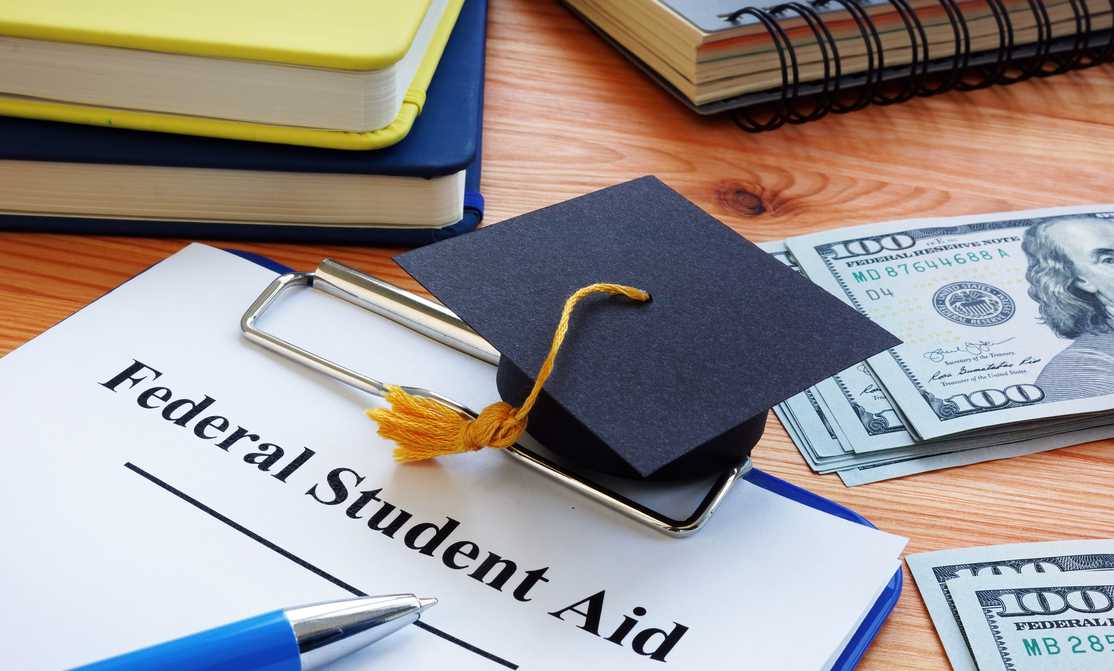/SplashNews.com / /SplashNews.com
Everything is expensive these days. The cost of housing, utilities, groceries and more are all up. While there are many expenses you can’t do without, there are probably even more expenses that are not really necessary.
Check Out: 6 Things the Middle Class Should Sell To Build Their Savings
Learn More: Here’s How To Become a Real Estate Investor for Just $1K Using This Bezos-Backed Startup
Clever Real Estate reported in a recent survey that roughly three-quarters of Americans (74%) have an overspending problem and at the same time, more than half (55%) admit to spending recklessly. Some are even getting emotional: almost half (45%) revealed that they’ve cried over their spending habits.
If you identify with this group, it’s not too late to make some positive financial changes.
So, what kinds of expenses are deemed frivolous? Financial guru Suze Orman says that there are 10 types of spending habits that are wasting your money.
Here are 10 ways Suze Orman says you’re wasting money:
Earning passive income doesn’t need to be difficult. You can start this week.
1. Wasting Electricity
Not shutting the lights off when you leave the room, or leaving the air conditioner on full blast when you leave the house can waste a lot of electricity. It’ll also eat a hole in your wallet. Be mindful to save electricity as often as possible, the environment and your checking account will thank you.
Read Next: 15 Things You Can Donate for Money
2. Spending on Unnecessary Subscriptions
There are so many types of monthly subscriptions, and it can be really easy to lose track of how many you’re paying for. Take a look through your bank statements and identify all recurring monthly charges. From there, consider cutting out the subscriptions you hardly ever use. You’ll be surprised how much you can save each month.
3. Not Having a Sufficient Emergency Fund
Instead of wasting money on things you don’t really need, allocate money to your emergency fund each month. It’s best to use a high-yield savings account to earn sufficient interest on your savings. As a rule of thumb, make sure you have at least three to six months of expenses saved, more if you can. An easy way to make sure you’re saving is to set up automatic monthly deposits from your checking to your savings account that align with your payday.
4. Buying Coffee Out
It’s easy to grab a cup of coffee on your way to the office. It might save you a few minutes each morning versus making coffee at home and taking it with you, but it’s also really expensive. If you buy a $5 latte five days a week, you’ll be spending at least $100 a month on coffee. Instead, take your coffee from home in a to-go mug and redirect that money toward saving and investing.
Story continues
5. Not Prioritizing Retirement Savings
Focusing on retirement savings from a young age is absolutely crucial to ensure financial security later in life. Spending on wasteful purchases means you’ll have fewer funds to contribute to your IRA or 401(k) each month. The less you save now, the more compound interest you’ll be missing out on.
6. Dining Out Too Often
Eating out with friends and family is a great way to relax and reconnect. It’s also expensive. If you’re dining out multiple times a week, consider cutting back to just once or twice a month. You’ll be shocked how much you’ll save when you cook meals at home instead.
7. Always Carrying a Credit Card Balance
It’s easy to charge everything on a credit card and not realize how much you’re spending. If you’re spending more than you make each month, you’ll quickly rack up a credit card balance that you can’t afford to pay in full each month. The remaining balance will accrue interest and can quickly snowball into an unmanageable debt. Be sure to only make purchases you can actually afford, or use cash or your debit card instead to avoid the possibility of credit card debt.
8. Leasing a Car
Getting a new set of wheels every three years is nice. It also means you’ll always have a monthly car payment indefinitely. Prioritize purchasing a car instead of leasing, even if it means your payments will be bigger for a number of years. Once you pay off your auto loan, your payments will stop and you’ll have more cash flow for other expenses.
9. Making Impulsive Purchases
There’s always a shiny new smartphone or a new pair of designer shoes to buy. However, you probably don’t need these things. Making impulsive purchases on frivolous items can drain your bank account and result in less cash flow for the things you actually need or worse, a lot of credit card debt.
10. Spending on Brand-Name Products
If you’re always buying brand-name products, try to kick this habit. Store-brand products are usually less expensive than brand-name products and are usually the same quality or better. Making the switch to store-brand products only can potentially amount to huge savings.
More From GOBankingRates
This article originally appeared on GOBankingRates.com: 10 Ways Suze Orman Says You’re Wasting Money




